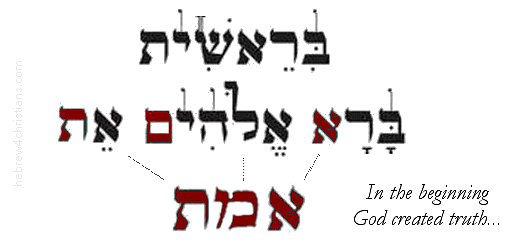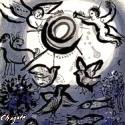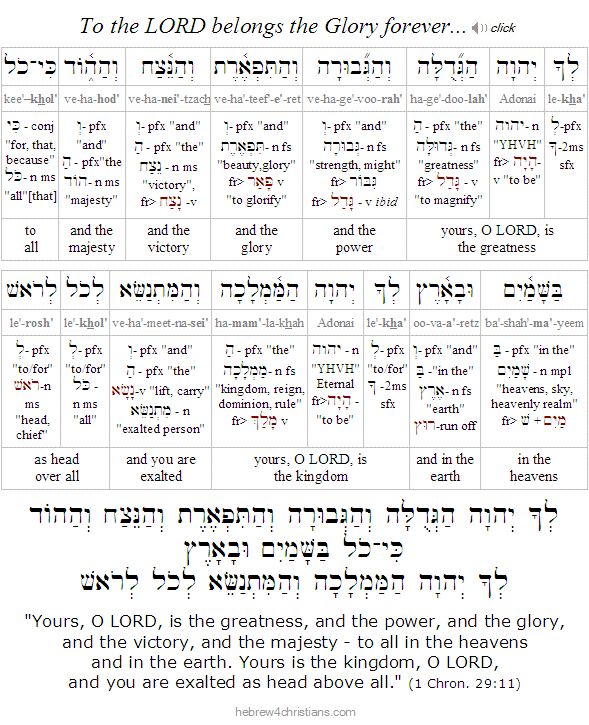|
Why is there something rather than nothing? Why does anything exist at all? These are basic questions about the meaning of life. Where do we come from? What are we? Where are we going? "God created the universe," you say, yes, but exactly why did He do so? What purpose did he have in mind? In particular, why were you created? What is the purpose of your life? What do you hope to achieve with the limited amount of time you have on this earth? Such questions brood within the soul, even if they are hidden from consciousness by various forms of busyness and distraction. At the outset of serious thinking about anything at all we are confronted with such ultimate questions. What is real? Why are we here? Where are we going? What does God want from us?
"Where am I? Who am I? How did I come to be here? What is this thing called the world? How did I come into the world? Why was I not consulted? And If I am compelled to take part in it, where is the director? I want to see him." - Soren Kierkegaard
The Torah begins: "In the beginning God created..." (Gen. 1:1). No explanation is given, simply the mysterious declaration that God's eternal power is behind the realm of the world of appearances. We only begin to get some idea of God's hidden purposes as he reveals his design in Scripture. There we learn that God chose to create the universe yesh me'ayin, "out of nothing," in order to share his wisdom, glory, and love with other beings He created. "You created all things, and for Thy pleasure they are and were created" (Rev. 4:11). All this was for the sake of the Messiah, who built the world in chesed (חֶסֶד) and who forever reigns as the King of eternal life and love. "For from him and through him and to him are all things." The purpose of your life is to learn that you are beloved by God, to know and receive the infinite worth you have in his eyes, and to share that love with others. You were created to be made part of God's great family, the Kingdom of Love.
לְךָ יָאֶה אֲדנֵינוּ וֵאלהֵינוּ
לְקַבֵּל אֶת הַכָּבוֹד וְהַיְקָר וְהַגְּבוּרָה
כִּי אתָּא בָּרָאתָ הַכּל
וּבִרְצוֹנְךָ הָיוּ וְנִבְרְאוֹ
le·kha · ya·eh · a·do·ney·noo · ve·lo·hey·noo
le·ka·bel · et · ha-ka·vohd · ve·ha-ye·kar · ve·ha-ge·voo·rah
kee · a·tah · ba·ra·ta · ha-kohl
oo·veer·tzohn·kha · hai·yoo · ve·neev·re·oo

"You are worthy, O Lord and our God,
to receive the glory and the honor and the power:
for You have created all things,
and for thy pleasure they are and were created"
(Rev. 4:11)

Hebrew Study Card
The purpose of God's creative activity was the building of a kingdom based on divine love (מַלְכוּת הָאֱלהִים). As King David wrote, עוֹלָם חֶסֶד יִבָּנֶה / olam chesed yibaneh: "The world is built with chesed" (Psalm 89:2). The world itself is to built on the foundation of God's love (חֶסֶד, chesed) as it is expressed in the life Yeshua the Messiah (1 Cor. 3:11). Indeed, the very first mitzvah (commandment) given to mankind was simply פְּרוּ וּרְבוּ / p'ru ur'vu: "be fruitful and multiply" (Gen. 1:28). Ideally speaking, the family, then, is a picture of a nurturing community based on chesed. For the Christian, this "family building" is centered on Yeshua the Messiah, the true King of the kingdom and the rosh pinnah (ראשׁ פִּנָּה), or "corner stone" of the Temple of God (see Heb. 3:1-6).
For more, click here: "Creation and the Kingdom of Love."
Hebrew Lesson
1 Chron 29:11 reading (click):
 |
Addendum: Asking Questions
A good teacher doesn't feed students answers but rather provokes them to ask their own questions and to think for themselves... In that sense, a good teacher is like an "intellectual midwife," there to assist the one who explores the meaning of questions. This is especially true regarding matters of spiritual life: "There are many people who arrive at conclusions in life much the way schoolboys do; they cheat their teachers by copying the answer book without having worked the problem themselves." Merely "having the answer" does little spiritual good if the weight of the question that it proposes to address is not fully understood. As Kierkegaard said regarding all the so-called "Bible answer men" -- "The most fatal thing of all is to satisfy a want which is not yet felt, so that without waiting till the want is present, one anticipates it, likely also using stimulants to bring about something which is supposed to be a want, and then satisfies it. And this is shocking! And yet this is what so many clergy do, whereby they really are cheating people out of what constitutes the significance of life, and instead helping them to waste it."
There is a temptation, then, for those who regard themselves as teachers or preachers to get ahead of the need, to over-anticipate, and therefore mislead those they hope to help. On the other hand, many are too busy (or too proud) to marvel over the sheer wonder of existence itself and grow impatient (or even threatened) with questions like these. They don't take the time to reflect about why they were born, what purpose is connected with their life, or where they are going, until they are confronted with suffering and trouble. Sometimes we must "comfort the afflicted and afflict the comfortable."
Instead of regarding the Bible as a "Book of Answers" for our questions, it is worthwhile to think of it as a "Book of Questions" for our answers. As we listen, God questions us so that we can know him by means of the dialog within our hearts. As any good teacher knows, when a student earnestly wrestles with a question he learns more than if he were given a straightforward answer. Similarly, the Lord gives us permission to be without answers so that we will be free to seek, to struggle, and to "own" what we come to understand through our relationship with him... That way our learning will be real, substantive, and born from the urgency our own inner need. Indeed, God's very first question to man is always, ayekah: "Where are you?" (Gen. 3:9), which appeals for us to acknowledge how we hide from the truth. "Where are you?" is the poignant call of the Seeking Father for his lost child, and the question only becomes "our own" when we are willing to look at how we've come to be at this place in our lives. God's question to our heart is meant to lead us out of hiding to respond to his loving call...
Everything is inherently mysterious, since everything ultimately expresses the inscrutable will and decrees of God.... Ask yourself with earnestness of heart: Where do I come from? Who am I? Where am I going? For what reason was I created? The first step is to wonder, to ask the searching questions, and to seek God's wisdom... The LORD is faithful and will reveal truth to the heart that seeks.. It is too easy to be preoccupied with everyday concerns and to miss the marvel and sheer wonder of existence itself. If you will approach these questions with humility and reverence, you will be filled with wonder, your heart will be filled with greater fervor, and you will hunger more than ever for God's Presence.
<< Return
|





